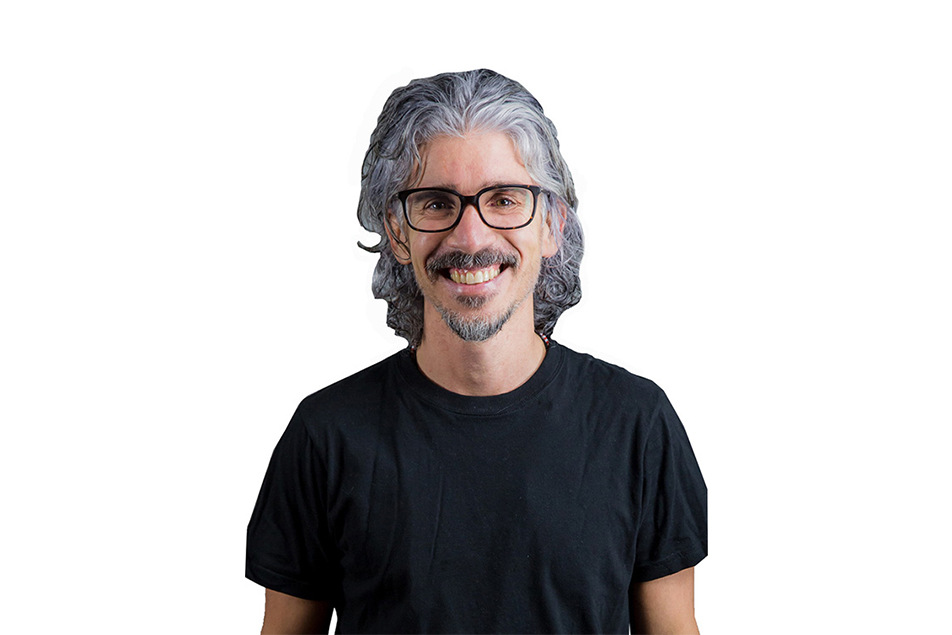Oscar Sánchez Piñeiro
Livelihoods Officer
Duty Station: Quito, Ecuador
I’m addressing the challenge of how to help refugees become entrepreneurs, and how to make refugee-led business more competitive.
Refugees and asylum seekers often arrive with depleted capital or skills that are not compatible with markets in the country of asylum. Moreover, many refugees or asylum seekers are not allowed to work in the country of asylum, which leads to the depletion of capital or resources and eventually prolonged dependence on humanitarian assistance. This is also one of the origins of protracted refugee situations.
I want to find a solution to this challenge because a solution will increase the dignity and resiliency of refugees by proving livelihoods.
With supportive policies, most refugees become incredibly resilient. A vast majority of refugees in the developing world engage in economic activity in the informal sector and make modest gains with limited support from asylum countries or the humanitarian community. A minority are successful entrepreneurs, providing much social and economic benefit to the communities they reside in. This minority provides a picture of what asylum seekers and refugees can achieve if they are properly supported, and if they are allowed to access the necessary services and opportunities. The aim is that entrepreneur refugees will not just be viewed as mere recipients of aid but actually catalysts for local economic development. Therefore, it becomes of paramount importance to enhance a participatory and communicative approach throughout enterprise development initiatives with refugees.

